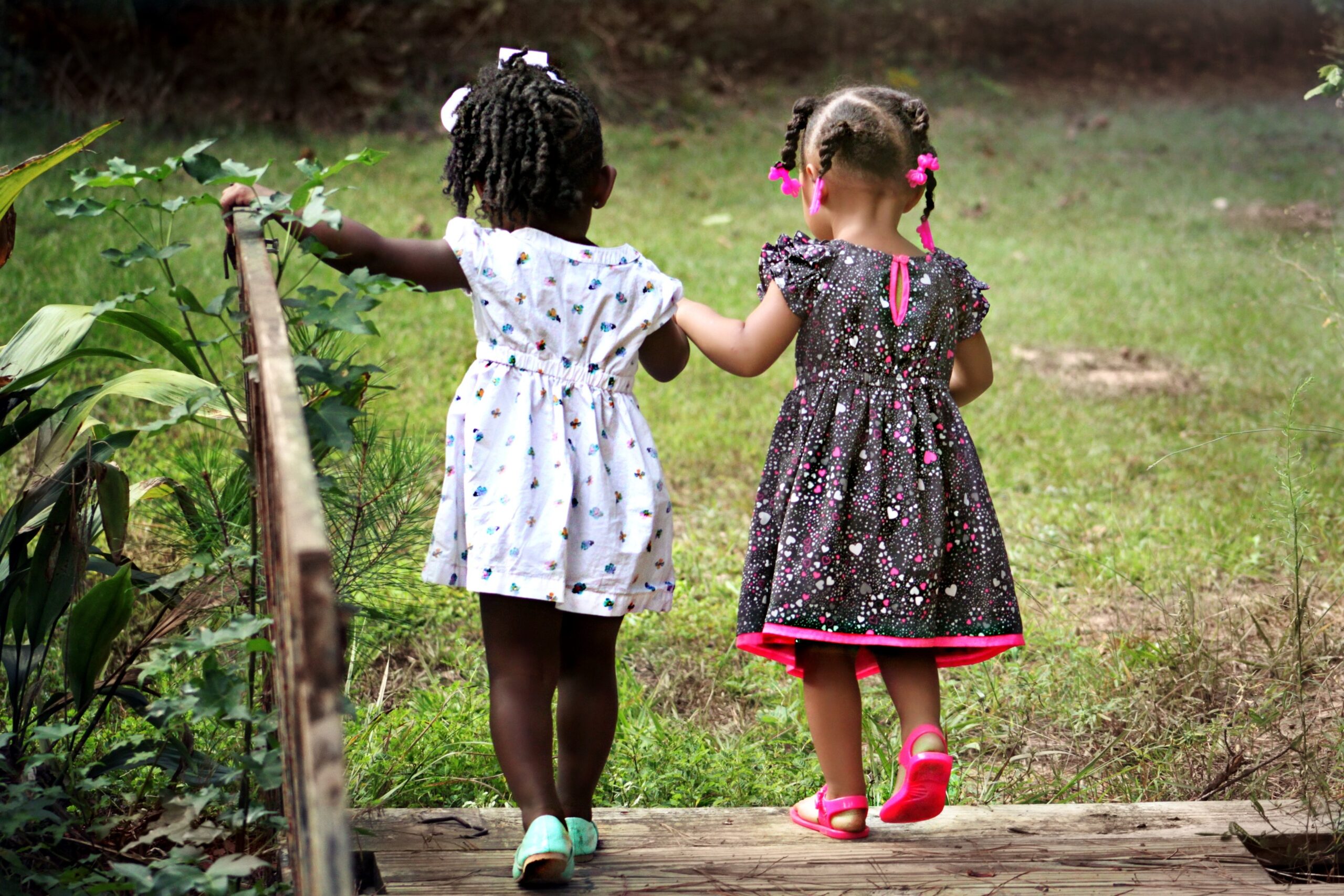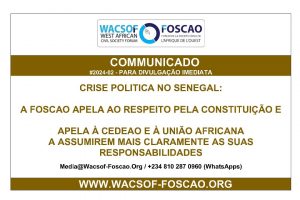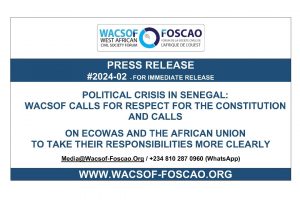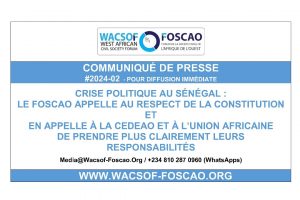
ECOWAS (Economic Community of West African States) faces several challenges in the areas of peace and security. Some common challenges include: RESOURCE CONSTRAINTS; WEAK INSTITUTIONAL CAPACITY; PERSISTENT CONFLICT ZONES; TRANSNATIONAL THREATS; POLITICAL INSTABILITY; HUMANITARIAN CRISES; INTER-STATE DISPUTES: Civil society organizations (CSOs) contribute in the following ways:
Due to bad governance in the extractive industry, ECOWAS adopted in 2019, with the support and leadership of WACSOF in mobilizing the West African Civil Society, the ECOWAS Model Mining and Mineral Development Act (EMMMDA), to standardize practices in the mining sector, for the benefit of the citizens.
WACSOF is innovating in using this important code as conflict prevention tool, as an implementation of the ECPF (ECOWAS CONFLICT PREVENTION FRAMEWORK), by sensitizing and training all the stakeholders on their roles and responsibilities in the implementation of the EMMMDA. WACSOF has been leading training, sensitization and advocacy activities in MALI (in the SIKASSO region, especially in the mining communities of KALANA and NAMPALA), with the full involvement and support of WACSOF-FOSCAO MALI and GPPAC (Global Partnership for the Prevention of Armed Conflicts) CSO members.

The following are the activities of WACSOF summarizing the solution implementation:
WACSOF and CSO members met with commnities and religious leaders to present our plans and have their blessings. They helped identify participants among hundreds. The discussion was held to identify challenges with exploitation of mining in their communities.
WACSOF and CSO members met Mining community members to discuss their key challenges with the exploitation of mining in their communities. Technical Trainings were performed with different groups including CSO’S community and religious leaders, Women, youth and government experts on the provisions of the EMMMDA. Advocacy training on the provisions of the EMMMDA related to the roles and responsibilities of the stakeholders and how the EMMMDA contributes to conflict prevention and peace building. Approximately 300 persons were met and trained. This includes community leaders, religious leaders, CSO, Media, community members youth, women from the KALANA and NAMPALA mining communities.
Was organised with more than 50 participants. This policy dialogue served as a forum for policy makers and other relevant stakeholders to have an inclusive discussion on their roles and responsibilities and the use of the EMMMDA as a tool for conflict prevention.
A series of communications and media interventions to sensitize the region of and around Sikasso and the whole Mali.


